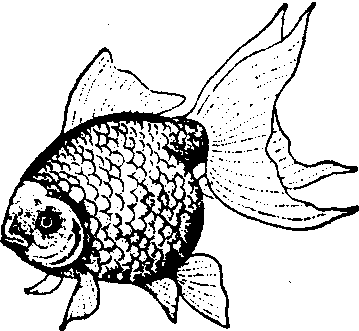文种
春秋时越国大夫。字少禽(一作子禽)。楚国郢(今湖北江陵西北)人。吴王夫差二年(前494年),越被吴击败,困守会稽(今浙江绍兴)。与范蠡向越王献计,受派到吴求和。买通吴权臣太宰嚭,使越免于亡国。勾践归国后,授予其国家大政,并重点负责整治军务。由于越王信任,加之治国有方,很快使越强盛。越遂灭吴,建立霸业。后越王听信谗言,赐剑命其死。
文种
又称“文别”。根据发文机关权限、发文收文机关间的关系及发文的具体目的与要求划分的公文种类。据1987年国务院办公厅颁发的《国家行政机关公文处理办法》,中国行政机关使用的公文共有10类、15种。
文种
春秋末越国大夫。字少禽,或作子禽,楚国郢(今湖北江陵西北)人。公元前494年吴破越,他向越王勾践献计,贿赂吴太宰嚭,得免亡国。助勾践发愤图强,终于灭吴。后被勾践赐剑自杀。
文种
体形较短,略呈圆形,头窄而平,背鳍较高,腹鳍、臀鳍成对,尾鳍较大,一般在4叶以上,俯视鱼体,好像“文”字形。眼球正常,圆鳞,一般体色多为红色、黄色、白色、紫色、蓝色等多种色彩。品种主要为珍珠和帽子,从它们杂交后产生的变异品种较多,如红龙睛珍珠、五花龙睛珍珠、红珍珠翻鳃水泡、帽子翻鳃、帽子绒球、五花帽子、红色花帽子等60多个品种。

图4-138 文种